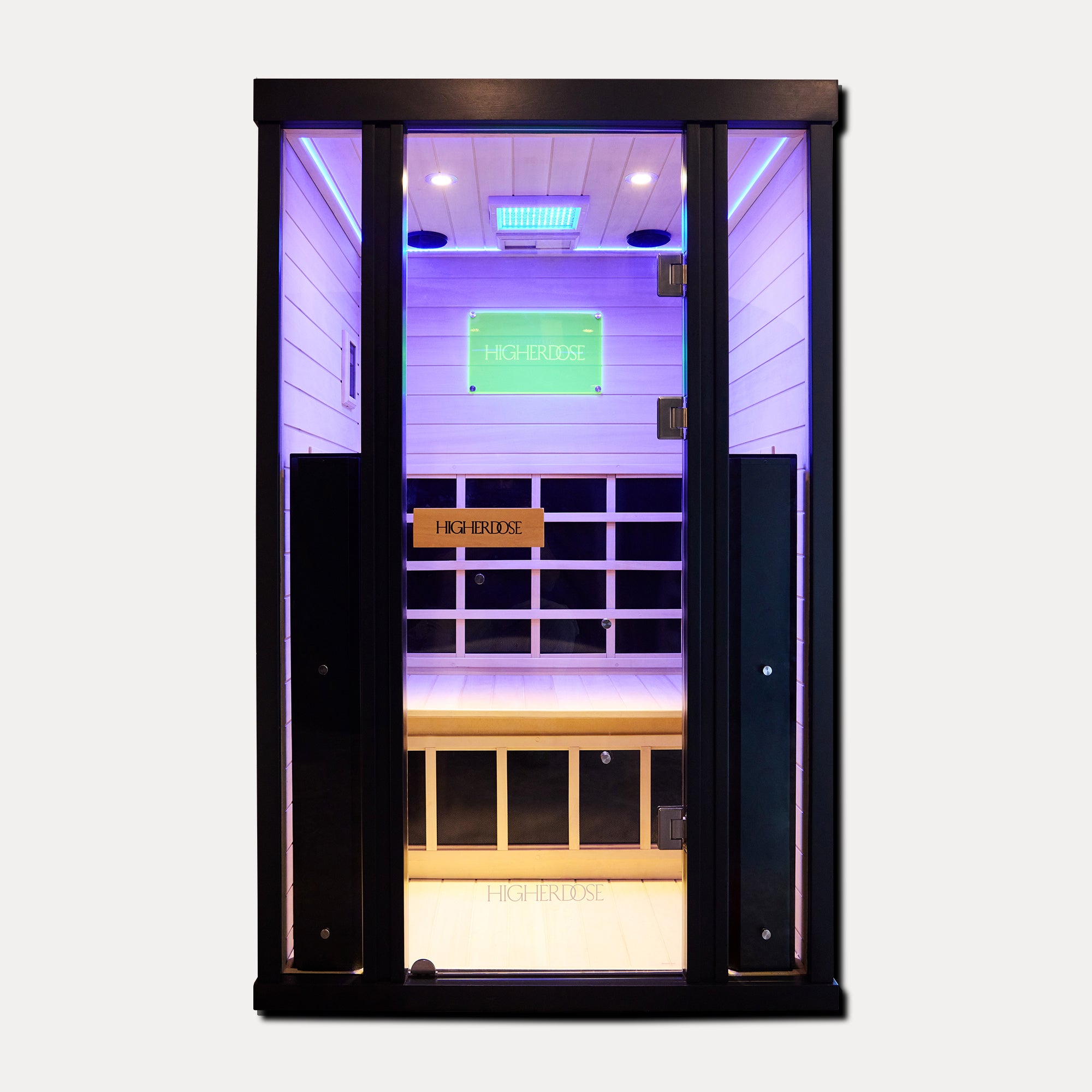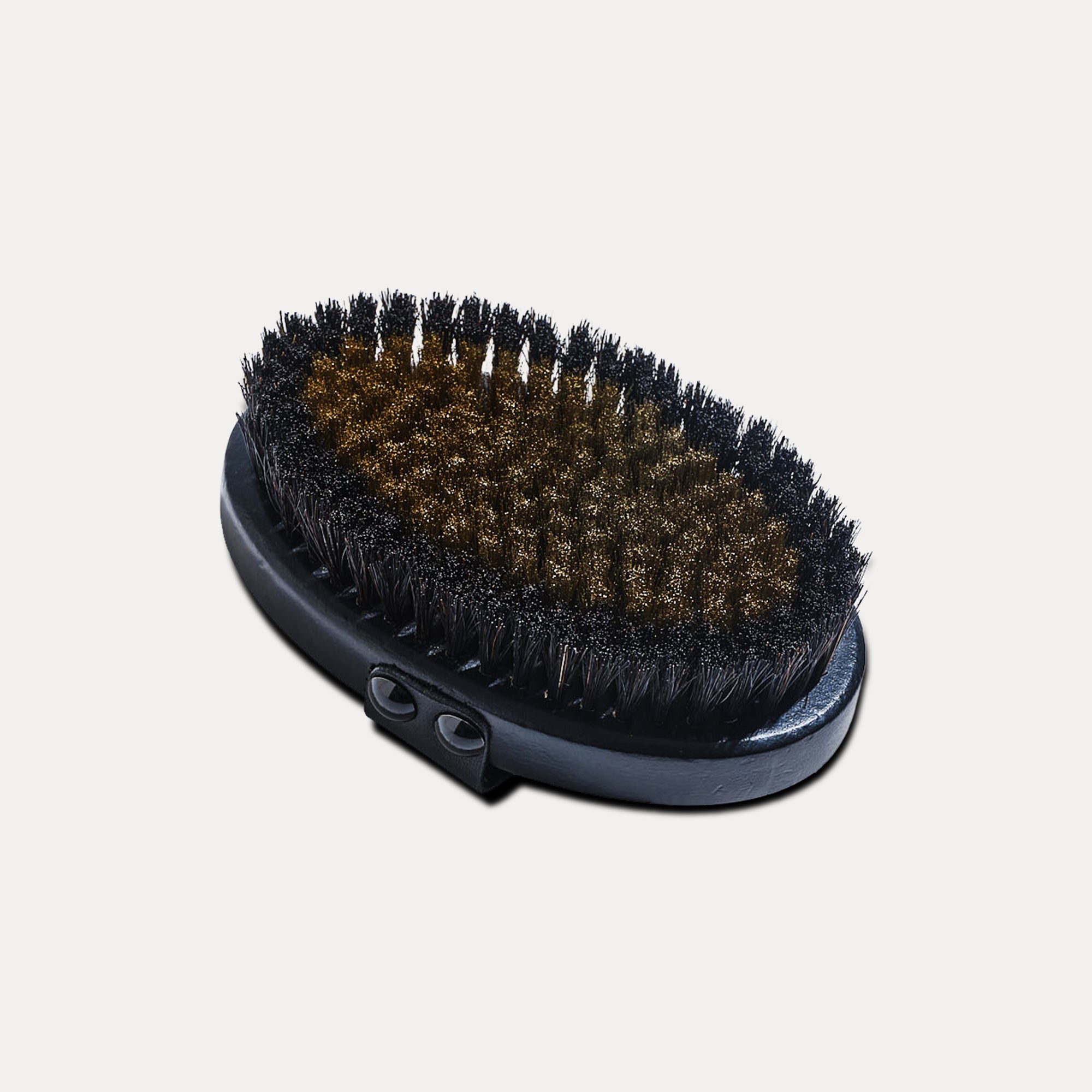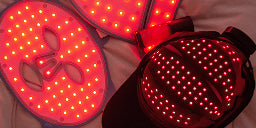
12 Common Electromagnetic Sensitivity Symptoms + How to Reduce EMF Exposure
Electromagnetic frequency, or EMF, isn't new. We have been using EMF-emitting devices for some time now in telecommunications, construction, healthcare, and many other industries. However, the rise of the internet in the late 1990s was a game changer. The technology boom revealed a new world of possibilities that became readily available at our fingertips. And with the explosion of the world wide web came the immense popularity of personal electronic gadgets. Today, technology-related EMF permeates even the microspaces in our lives through laptops, smart TVs, and mobile phones. If you're worried that constant exposure to this type of frequency is dangerous, we're here to help enlighten you. In this article, we'll unpack the symptoms of EMF sensitivity, one of the more common risks of our high-tech era.
What is EMF sensitivity?
Previously, EMF sensitivity was not considered a medical condition. Instead, it was seen as a clinical syndrome with objectively recognizable signs and symptoms. However, recent evidence demonstrates EMF sensitivity as a well-defined pathological neurologic disorder (brain or nerve disease). Thus, there is a need for the World Health Organization (WHO) to acknowledge it as a significant public health issue. So, what is it all about?
EMF sensitivity or EHF hypersensitivity (electromagnetic hypersensitivity) is the body's intolerance towards radiation. This can either be non-ionizing or ionizing. Non-ionizing radiation has lower frequencies, like what is given off by power lines and cellular phones. In addition, its longer wavelengths can also penetrate molecules in matter, including living tissue, without removing any electrons from the atoms. Electrons are needed by the body to sustain itself at the cellular level. The opposite is true for ionizing radiation, which produces higher EMF frequencies and has shorter wavelengths. Examples are gamma rays or X-rays that can directly damage DNA. Although bothEMF types may pose risks to our health. non-ionizing frequencies are significantly less harmful than ionizing ones.
Symptoms of EMF sensitivity may vary in kind and severity and can be physical and psychological. Physiological effects are wide-ranging, from headaches and nausea to cancers and neurodegenerative diseases. Sensational behaviors are also associated with EMF intolerance. These include completely abstaining from personal electronic gadgets and avoiding areas typically with high EMF, like electronic transportation systems and malls. Some sufferers even take to the woods or caves like extreme preppers.
Reactivity to EMF originates in any human activity involving electricity or wireless technologies, which practically covers almost everything we do. Therefore, the condition's pervasiveness and its potential to induce adverse reactions can seriously impact the lives of affected individuals.
What are the symptoms of EMF sensitivity?
If you suspect you are afflicted with EMF reactivity, it's best to see your doctor ASAP for an accurate diagnosis. These symptoms of EMF sensitivity can help put you on alert.
- Skin conditions - EMF intolerance may manifest through acute and chronic skin inflammation, burning sensations, rashes, and prickling.
- Headaches - The intensity of headaches may heighten with increased exposure to electromagnetic frequencies.
- Nausea - Research results point to nausea (feeling unsettled or wanting to vomit) as a possible adverse symptom of EMF sensitivity.
- Dizziness - In a particular case, Swede workers exposed to the hazards of occupational EMF suffered from the sensation of being lightheaded or off-balance.
- Tinnitus - Experiment results indicate a higher frequency of tinnitus or ringing in the ears among EMF-hypersensitive participants compared to the contrast group.
- Sleep disorders - Studies show that prolonged EMF exposure positively correlates to poor sleep quality.
- Fatigue - Fatigue is a state of extreme and constant tiredness or a general lack of energy. Associations have been identified between this symptom and factors related to the self-reported use of mobile phones.
- Musculoskeletal pain - This symptom of EMF sensitivity often characterizes fibromyalgia, a condition that causes pain throughout the body. Evidence shows the link between this and excess exposure to electromagnetic devices.
- Heart arrhythmia - Provocation studies on EMF demonstrate its ability to influence changes in heart rhythm.
- Memory and concentration difficulties - Various studies on diseases report the significant statistical connection between memory loss and neurological cognitive disorders and Radio frequency-EMF or RF-EMF.
- Anxiety and mood disorders - A study of thermal power plant workers concludes that they are possibly at risk of burnout and depression from constant EMF exposure or increased oxidative stress. Another suggests that long-term occupational EMF vulnerability may also lead to stress and anxiety, among other symptoms of EMF sensitivity.
- Suicidal ideation - An extensive and detailed scientific inquiry revealed that higher and more recent EMF exposures might increase the possibility of suicide among U.S. electric utility workers.
Dealing with EMF sensitivity
Of course, the best way to address the symptoms of EMF sensitivity is by nipping them in the bud. This means you'll need to eliminate or, at the very least, reduce EMF exposure. Here are several practical suggestions:
- Wi-Fi routers and cordless phone base stations are among the highest emitters of electromagnetic frequencies in the workspace. Therefore, keep yourself at a minimum distance of 15 to 20 feet from these EMF devices.
- Check your Wi-Fi manual to learn how to bring down its power output. Factory settings, typically at the maximum level, are not recommended. They may even present security and privacy risks.
- Turn off your router before you sleep or when you're not using it.
- Opt for wired gadgets where you can. Certain devices, such as wireless keyboards, speakers, and mics, are cool but may be unnecessary.
- Put your mobile phones three or more feet away from your workstation.
- Give your electronic devices an occasional break. Technological fasts are also beneficial to your overall well-being.
- Defend yourself from the ionizing radiation of UV rays. Wear sunscreen with at least an SPF of 30 and sport sun-protective clothing.
- If you must, use dermatologist-approved spray tans instead of tanning beds.
- Get out of phone addiction. Two hours is a healthy amount of screen time outside of work.
- Be cautious about medical and healthcare devices and therapies that emit or involve EMF:
- Limit your X-ray exposure to what's medically required.
- As much as you can, stay away from high-EMF-emitting equipment.
- Before undergoing any EMF treatment for health and beauty, see a doctor to check for EMF sensitivity. Ask them about infrared light therapy, which is non-invasive, generally safe, and effective.




























